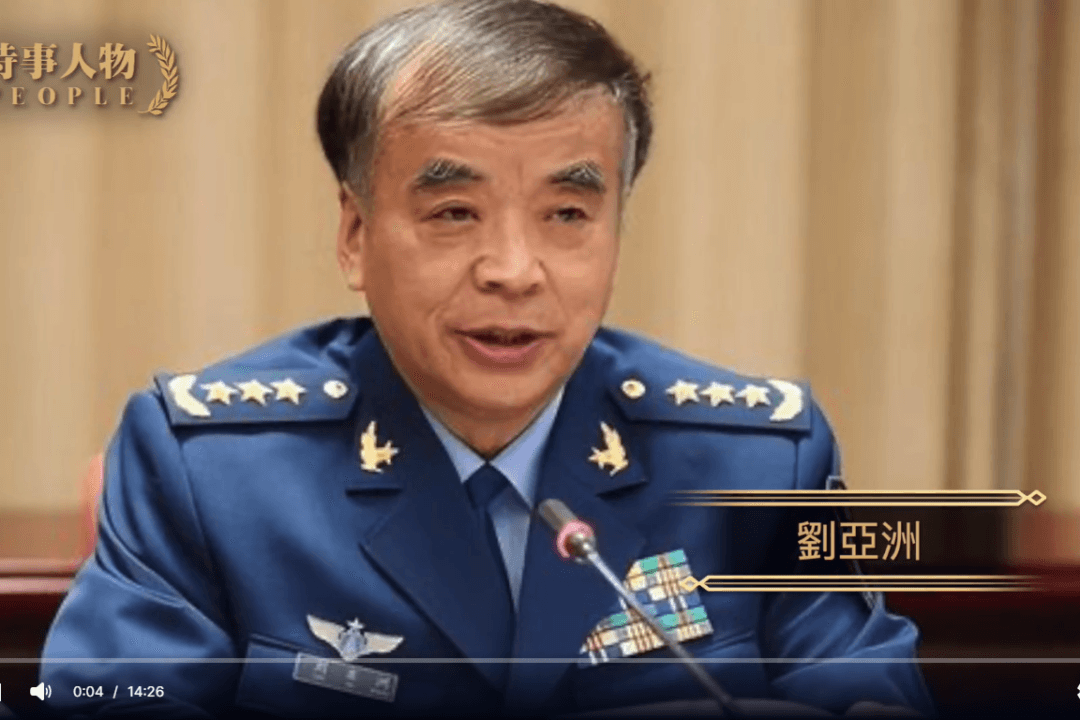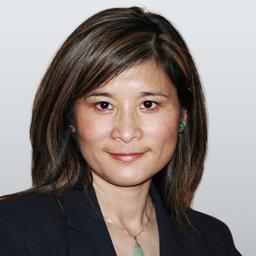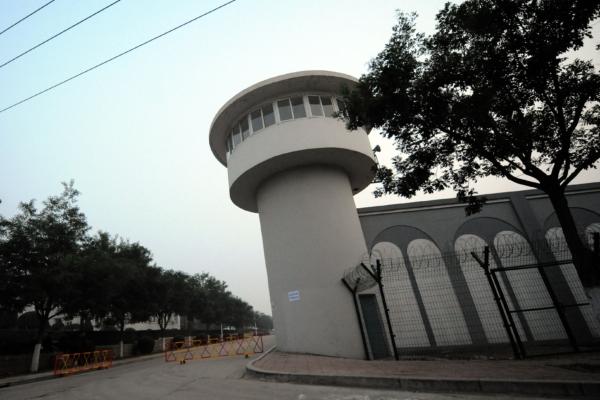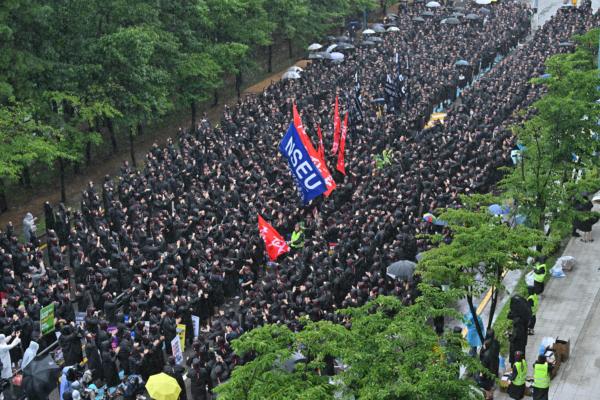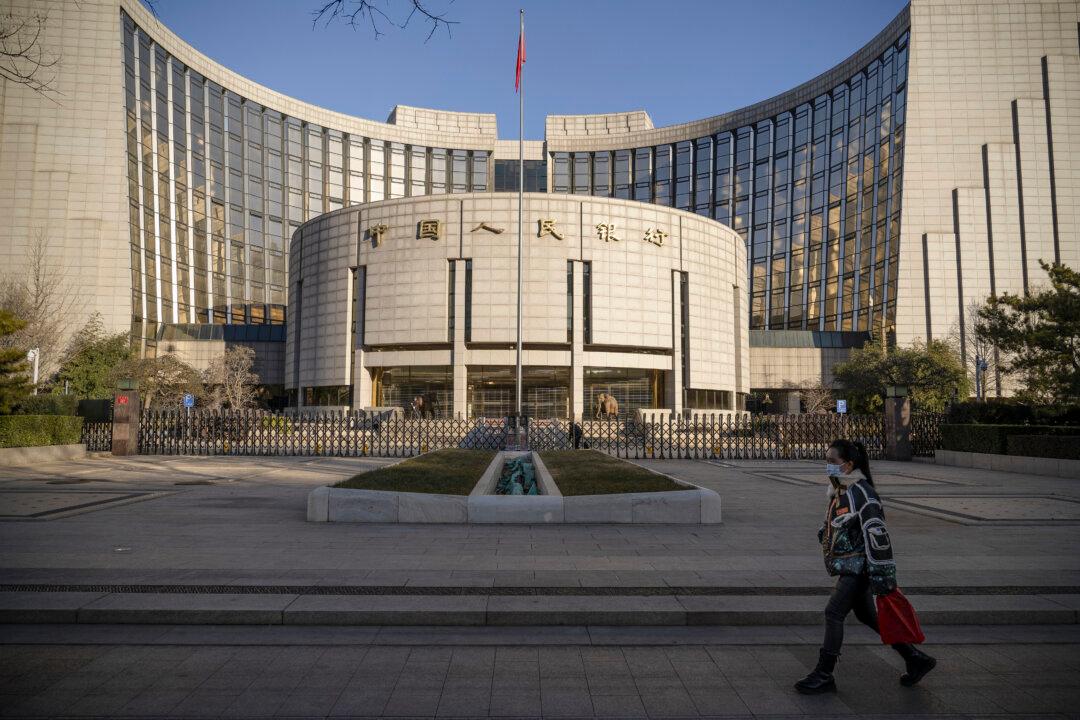Unconfirmed reports from China suggest that Liu Yazhou, a retired Chinese Air Force General, may face a sentence to death with a reprieve, which could be commuted to life in prison. Liu has been investigated on corruption charges since 2021, but some suggest that his arrest may have been motivated by his public disagreements with Chinese regime leader Xi Jinping and the Chinese Communist Party (CCP).
Official Chinese media has neither confirmed nor denied any details about Liu’s legal troubles. On March 24, Ming Pao, a Hong Kong newspaper known for its ties with the CCP, reported that Liu had been imprisoned for his corrupt practices and political ambitions and was likely to receive a serious sentence, possibly even a death sentence with reprieve. The reason for Ming Pao’s publication of this story is unclear, but Dr. Wang Youqun, the former CCP copywriter, speculated that the CCP may have leaked the story as a warning to others who might criticize the party or Xi.
